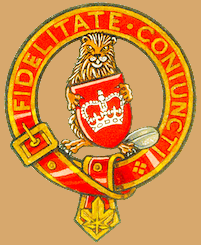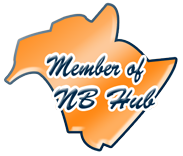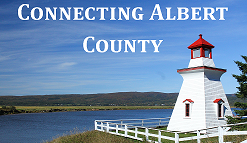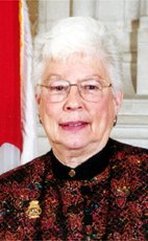not well known and often misunderstood. Let's see if we can
fix that.
Proto-parliaments: The Witenagemots
contained a handful of Witenagemots (meetings of wise men)
acted as advisory bodies for the king. The Witenagemots were
assemblies comprised of powerful landowners. Beyond these
two facts little is known about them. We don't know if the
Witenagemots were an aristocratic evolution of the earlier Germanic folkmoots (general assembly) nor whether the
Witenagemots had any formal powers beyond that wielded by
individual members. We do know that there was no single
'national' Witenagemot and that the summoning of the
meeting was a prerogative of the king. Further, the
Witenagemots had no set meeting location but would meet at
least once per year.
However, in the tradition of the Witenagemots we see a first
principle of the English Monarchy taking shape: that the king
rules in consultation with others.
The Normans: Birth of the Curia Regis
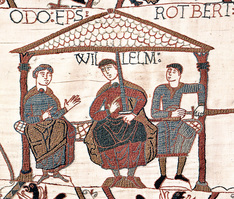 William and his brothers
William and his brothers was crowned King of England.
The various Witenagemots
ceased to be (partially due to so
many of the Anglo-Saxon elites
being dispossessed of their
lands. The Normans had their
own tradition of aristocratic
advice in the form of the Curia
Ducis (duke's council). Across
Europe the situation was much the same with kings and great
lords having bodies of advisers to assist in governing.
Once William the Conqueror was secure on the English
throne he created the Curia Regis (King's Council). Like the
Witenagemots it was comprised of the leading nobles of the
day. It differed in most other respects though. The Curia Regis
had two forms; the Magnum Concilium which was summoned
by the king to discuss issues of national importance and the
Lesser Curia Regis which was in session continually and
traveled with the king. The two types of Curia Regis were
considered to be the same body and not separate entities.
Indeed, the membership overlapped a great deal.
In this body we see the beginnings of two important
developments: a cabinet-like group and the creation of a
single national deliberative body.
The Loss of France: Renewed Focus
King John of England (in his role as Duke of Normandy).
King John attempted to get them back but required a great
deal of money to do so. While many of England's barons had
also had lands in France the loss of those lands effected them
differently. The Norman nobility's French lands had served as
a distraction from the affairs and concerns of England. When
those lands were lost they began to focus more on English
affairs. King John's war began to look to them as a foreign
adventure. Failure in 1214 compounded this view.
The Angevin kings had been able to use this distracted
nobility to rule via 'force and will'. That the nobility made a
great deal of money from their continental possessions kept
everyone content, if not happy, with the situation. The loss of
those lands made King John's heavy taxation and refusal to
consult his barons into a major grievance. The belief that the
king should rule in accordance with custom and the law was
greatly strengthened.
While the loss of lands in France had no immediate effect on
the evolution of Parliament, it was necessary for the future of
the legislative branch. A nobility content to be ignored by the
king as long as their estates were prosperous would never be a
firm foundation for a body such as Parliament.
Magna Carta: Misunderstood Document
by his nobility. That the king and his nobles were not on
friendly terms is best symbolized by the meeting location; a
bit of watery land beside the River Thames unable of
supporting cavalry. The charter reaffirmed the old rights of
the nobility and certain legal protections.
The Magna Carta has taken on an importance over the years it
likely never had when it was first signed. It has come to be
seen as the first stirring of constitutional government. In this
short history of Parliament it is important because it failed.
Neither side lived up to their obligations and war returned.
King John then had the misfortune to die and leave a young
heir.
Henry III: King John Redux
of barons his own rule mirrored his father's. Lack of
consultation gradually led the barons to lose faith in him. The
Magnum Concilium was at this point only called for the
approval of new taxes. It was certainly not called on to advise
the king. The barons eventually decided that they had had
enough and refused the king's latest tax request. In 1258 King
Henry III faced a major financial crisis and agreed to a set of
limitations known as the Provisions of Oxford. A Parliament
would meet three times per year to oversee the performance
of the bureaucracy. However, the barons proved unable to
work together and the king returned to ruling arbitrarily.
A new round of rebellions broke out led by Simon de
Montfort, Earl of Leicester. The king was captured in 1264
and for the next fifteen months Simon de Montfort ruled in
the king's name until his defeat by the soon-to-be Edward I.
The reign of Henry III confirmed the old ways were no longer
working. The king wanted to govern effectively, the barons
wanted to be consulted. Neither the king alone nor the barons
alone had been able to effectively govern the country. It fell to
the new King Edward I to find a way to reconcile royal
authority with baronial power. He would do this through
Parliament.
King Edward I: Increased Royal Power Through Parliament
summoned a Magnum Concilium that for the first time
included the shire knights and burgesses as well as the
nobility. This move was meant to strengthen his hold on
power by widening the interested parties beyond the nobility.
King Edward I would likewise call both groups to Parliament
often during his reign. The king experimented endlessly with
Parliament's composition and its power and role remained
fluid.
Perhaps more importantly, King Edward I began to use
Parliament to make statutory law on a scale never before
dreamed of. I have consistently used the term 'deliberative'
rather than 'legislative' to describe the various councils and
assemblies detailed in this article. This is because in England
laws were considered a matter of custom, not statute. The
king was responsible for interpreting and clarifying custom
but could not change it. Of course, it is a thin line between
interpreting law and making it. Some kings had been
lawgivers in practice but never much in theory.
This is contrary to a certain narrative that claims the ability to
legislate was wrestled away from increasingly arbitrary kings
by Parliament. This is not the case. The monarchy gained the
ability to legislate through the creation of Parliament.
By using meetings of leading barons, churchmen, knights, and
townspeople King Edward I was able to pass legislation
without the worry it might cause a revolt. Throughout his
reign Parliament was very much his creature and he used it to
strengthen the monarchy's authority.
Parliament had been born.
I hope you have enjoyed this brief look at Parliament's beginnings.
Loyally Yours,
A Kisaragi Colour
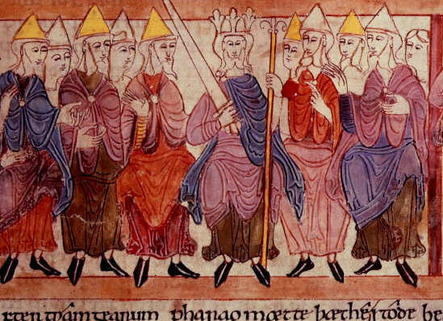
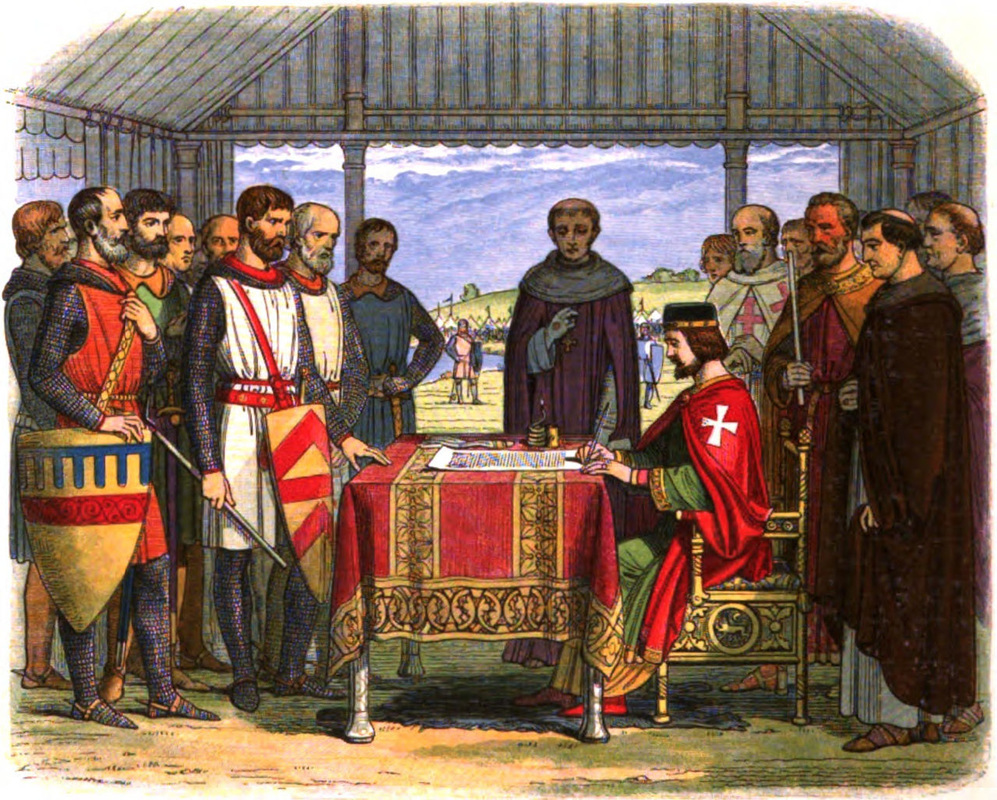
 RSS Feed
RSS Feed
